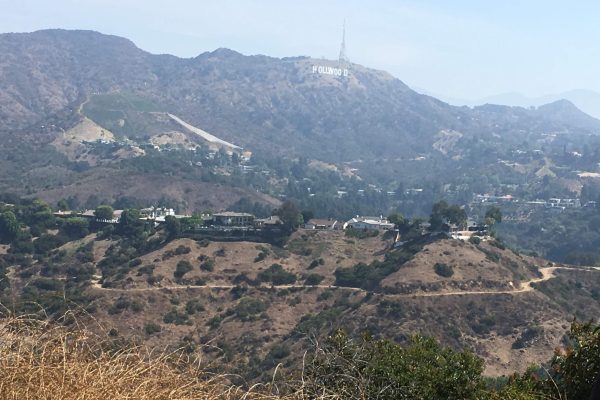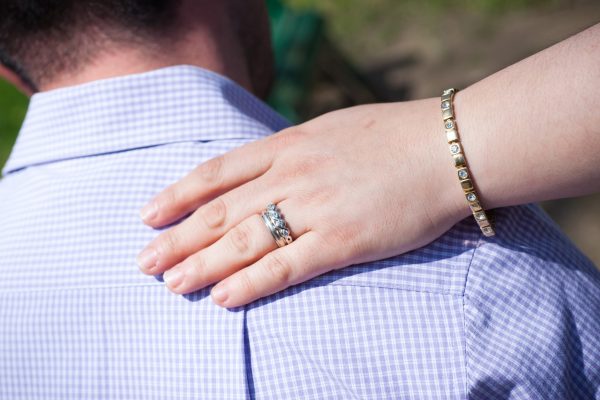“Now Pharoah’s daughter … saw him, the child—here, a boy weeping!“ (Exodus 2:6)
If Moses’ mother had a better option,
if Pharaoh wasn’t trying to kill the infant sons,
would she have put Moses in a flimsy rudderless basket
to float down the Nile River,
in danger of capsizing, of crocodiles, of starvation?
Would the parents of children from
Ecuador, Honduras, and Guatemala
take their families through
scorching days and freezing nights
in the desert,
risking dehydration, corrupt smugglers,
and separation from their children,
if they had a better option
than poverty, drug gangs, and violence
in a lawless country?
We hear the suffering of the separated child,
the wailing of “mommy” and “daddy,”
the sobs of abandonment.
We see the phone numbers of relatives
inked on the child’s hand
like tattooed concentration camp numbers.
We feel the trembling of the child
alone in the overly air conditioned
detention camps called iceboxes
or in a residential center in New York
or in a psychiatric hospital in Ohio,
the records of their parents’ names
lost.
How can we be like Batya
who heard the crying of an illegal migrant child
who felt pity
who picked up the child to comfort him
who gave him shelter and sustenance
who saved his life?
We were strangers in a strange land
so we are commanded
to show lovingkindess
to the stranger.
Once we were slaves in Egypt,
once we were children ripped from our parents’ arms
and thrown into the gas chambers.
Now we are free—
to rescue, to release
the crying child.











